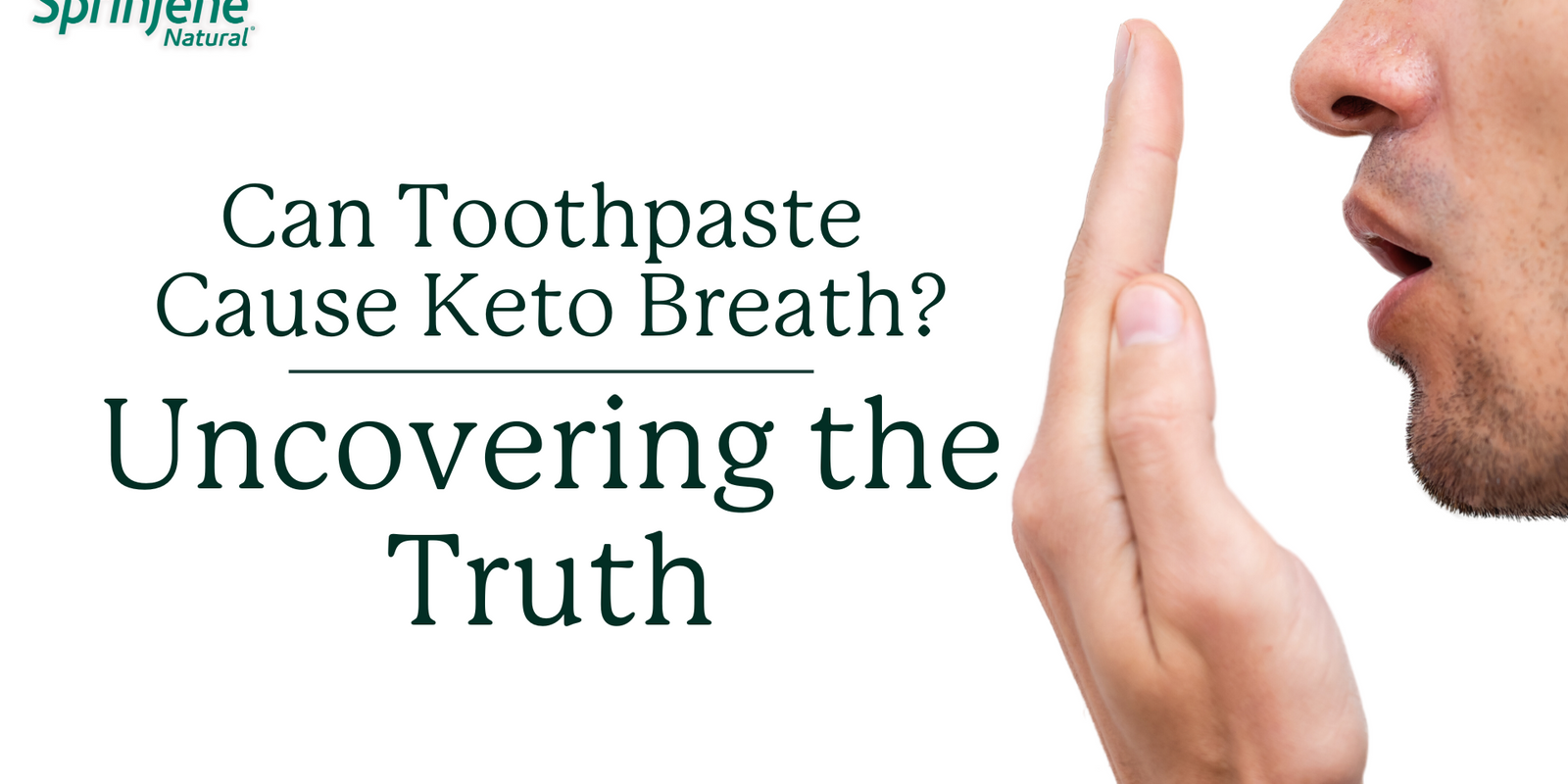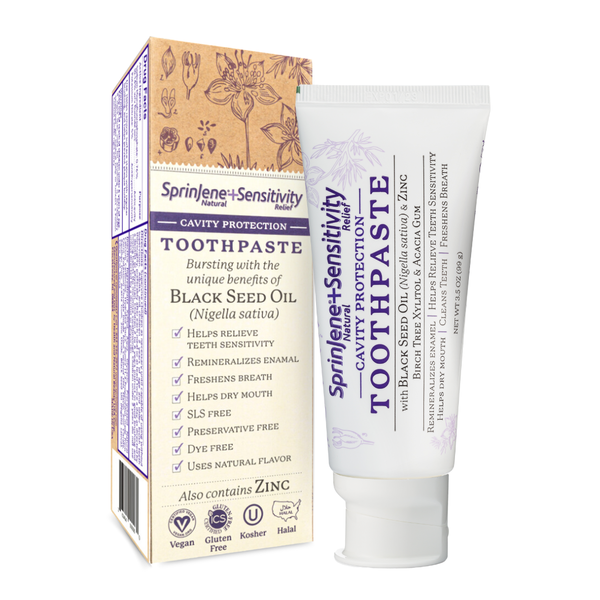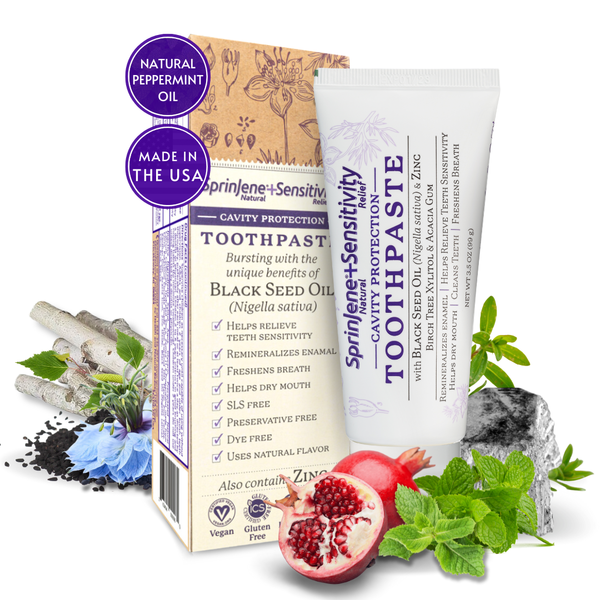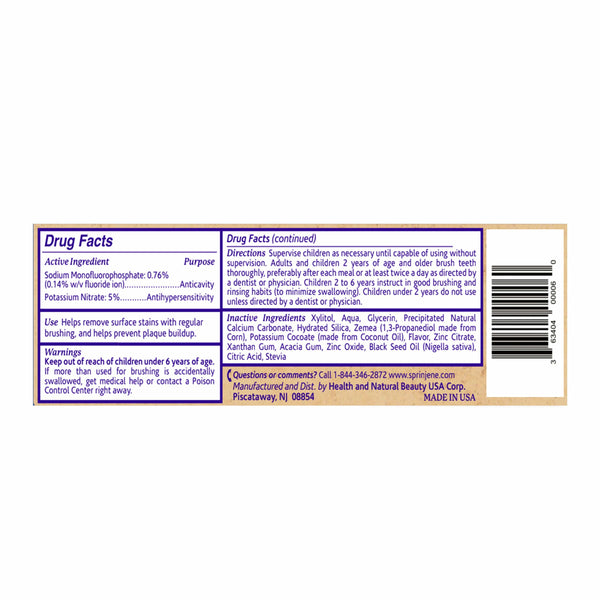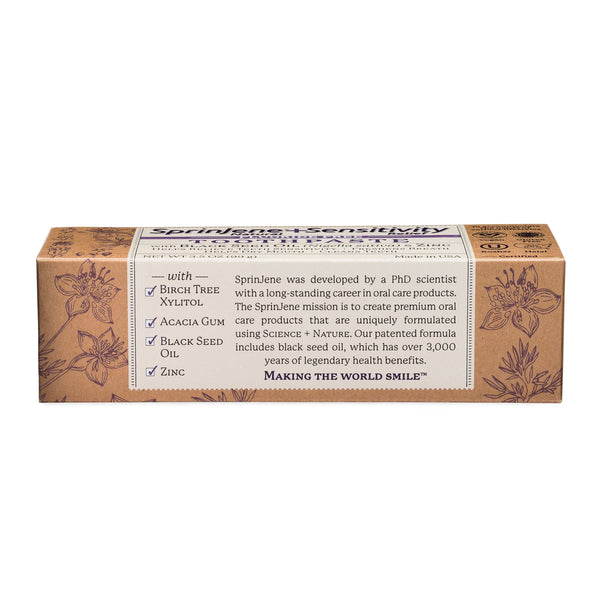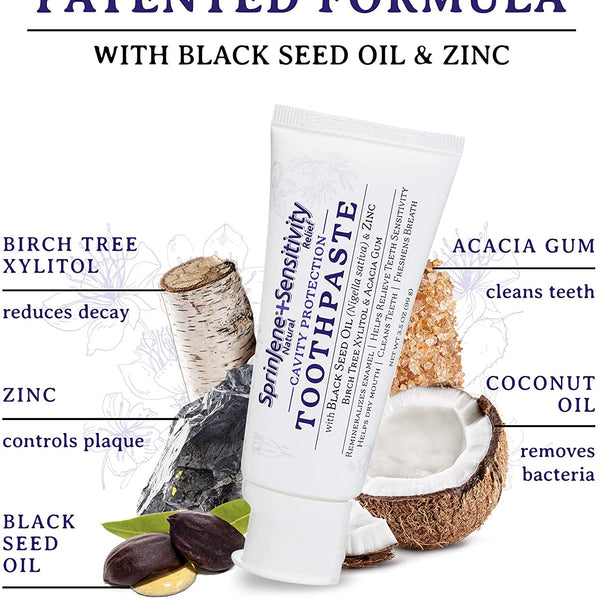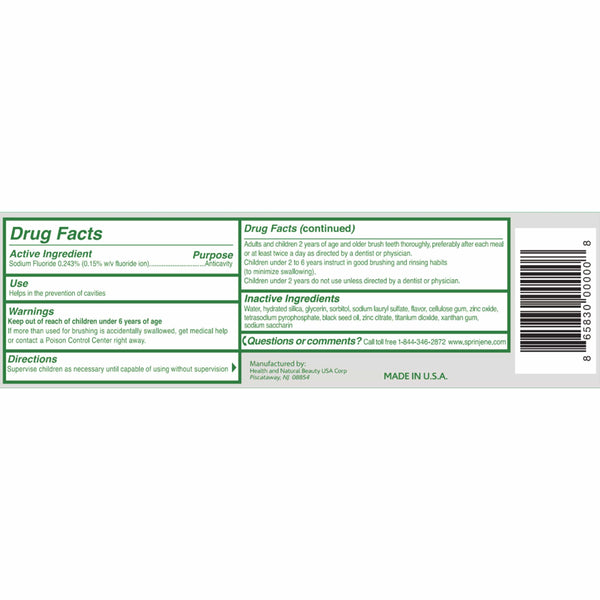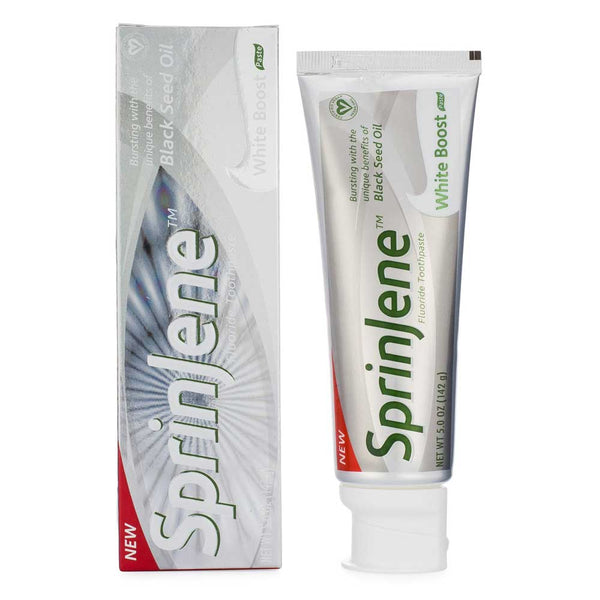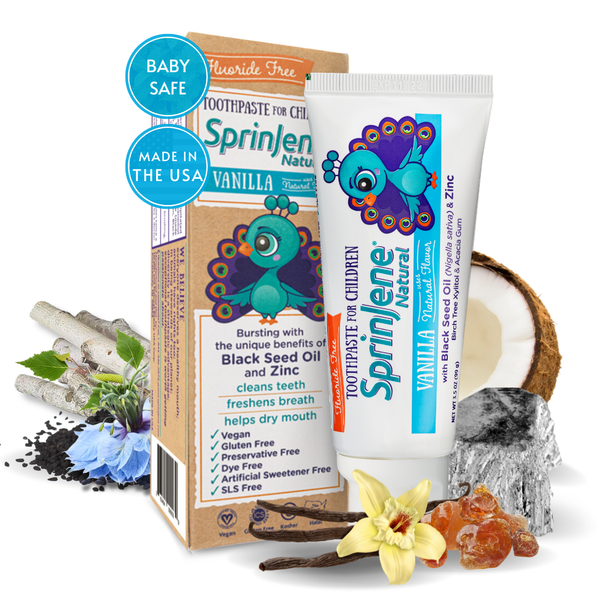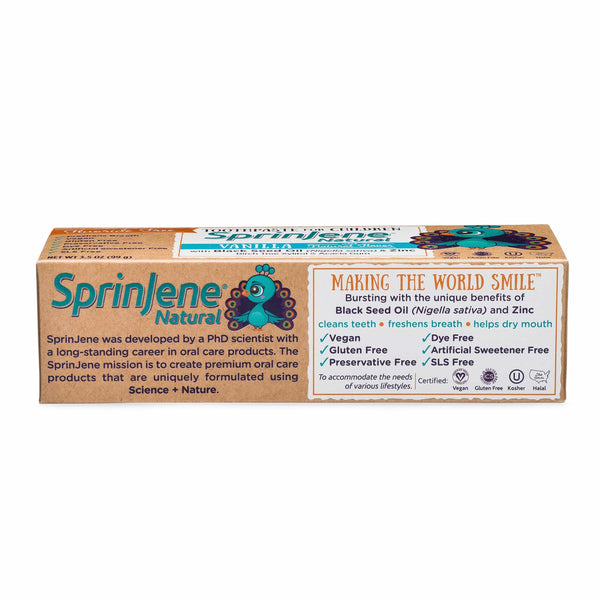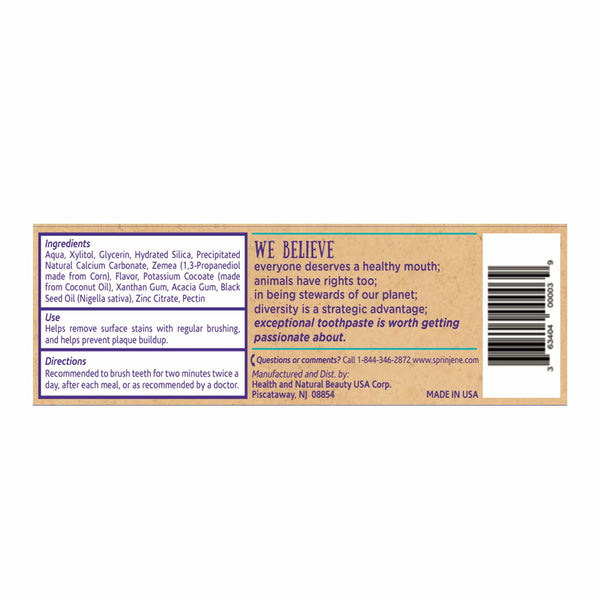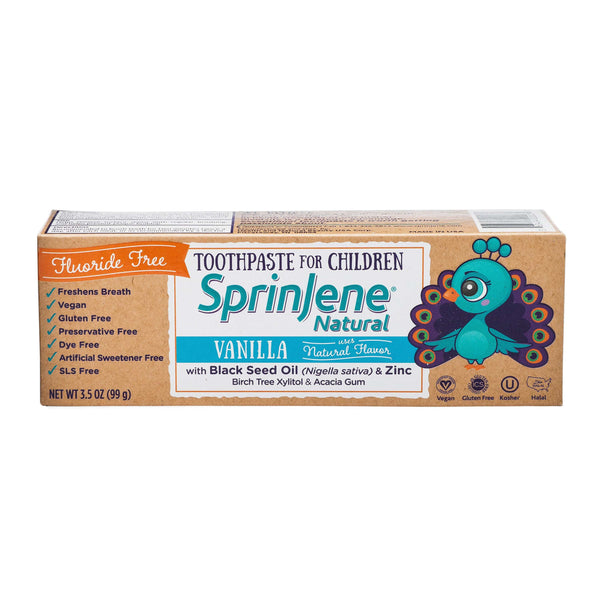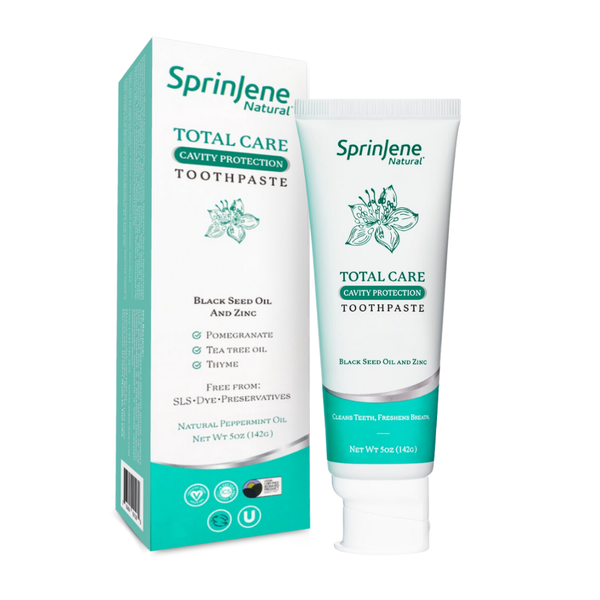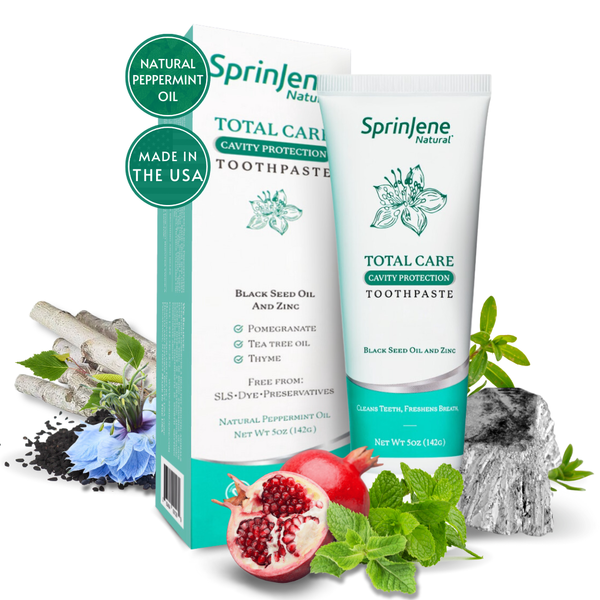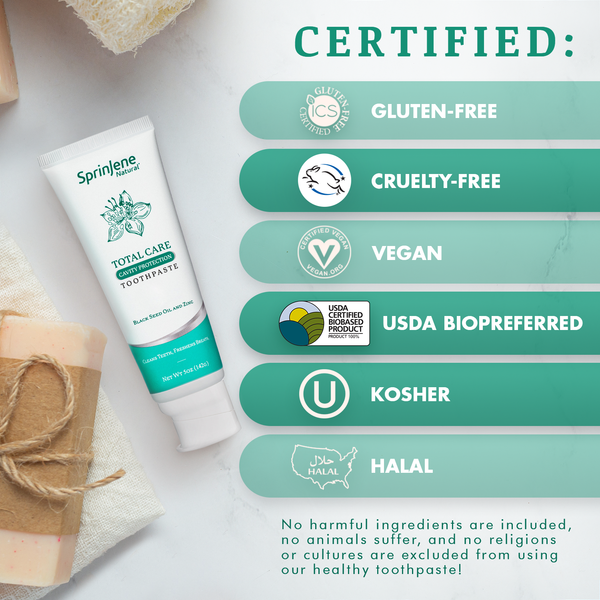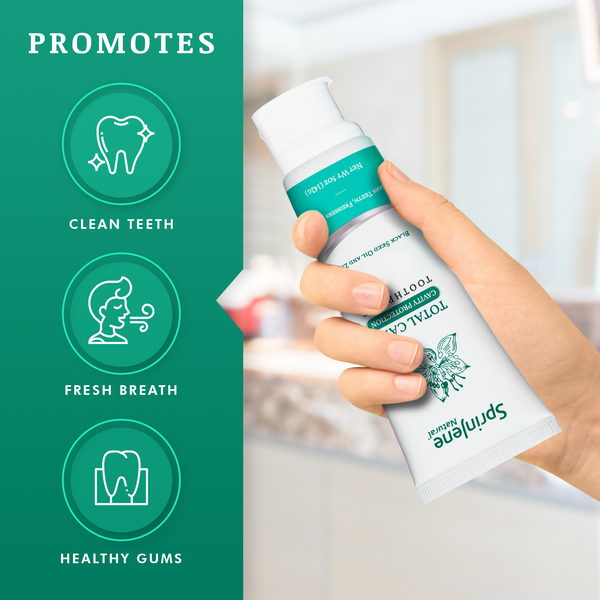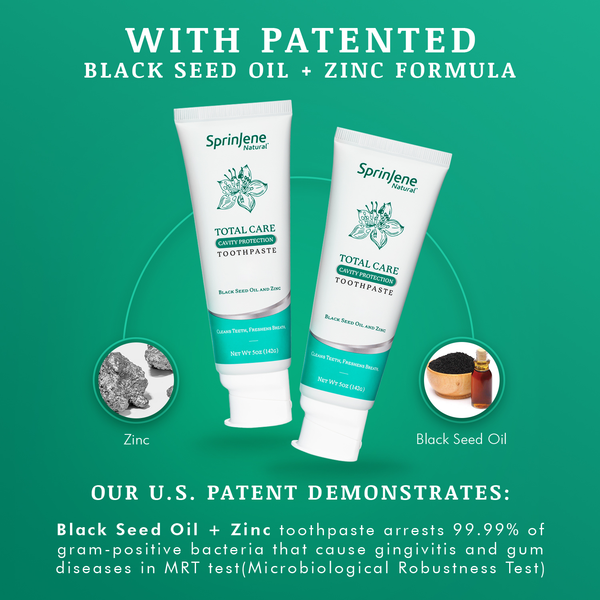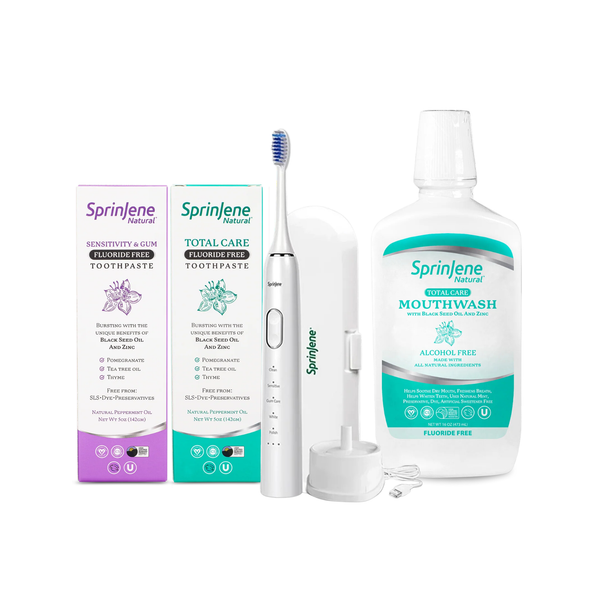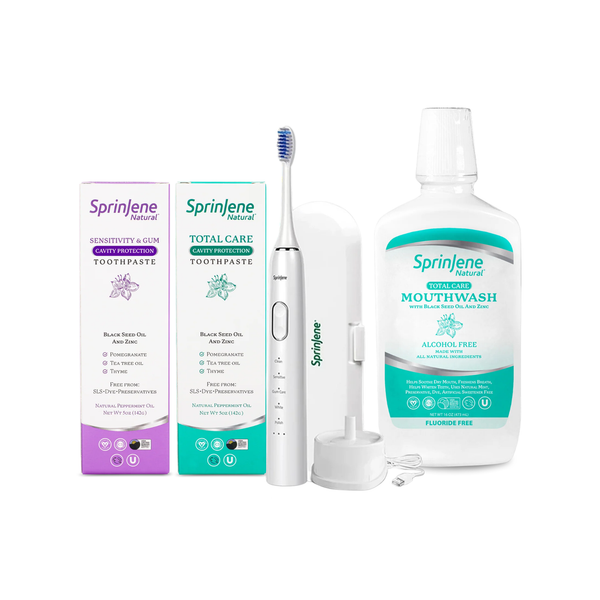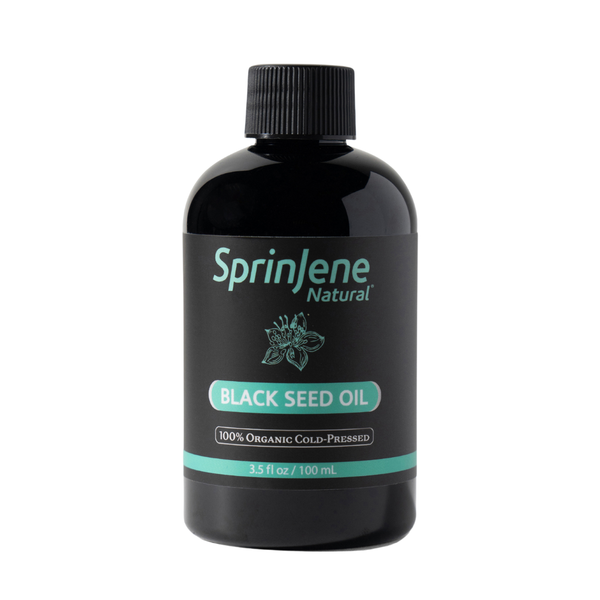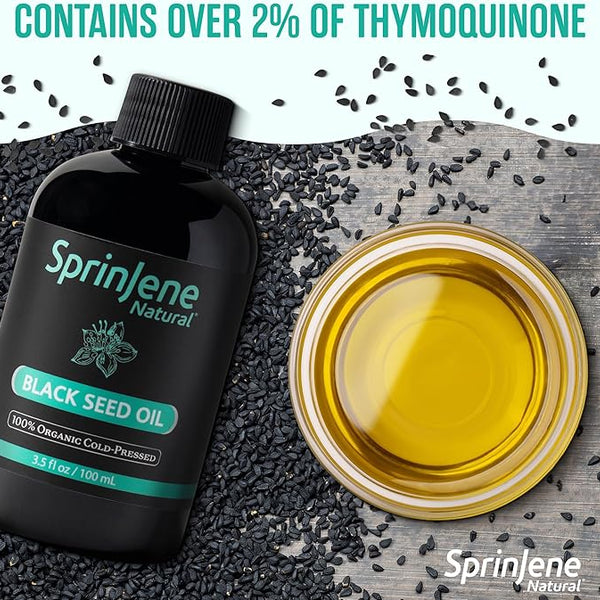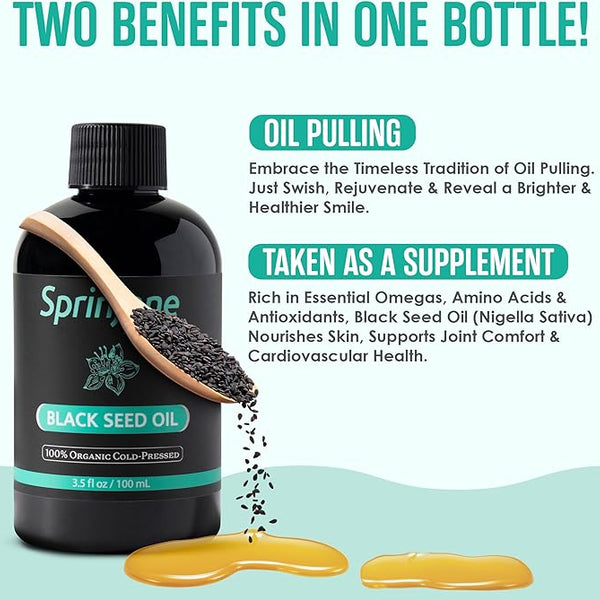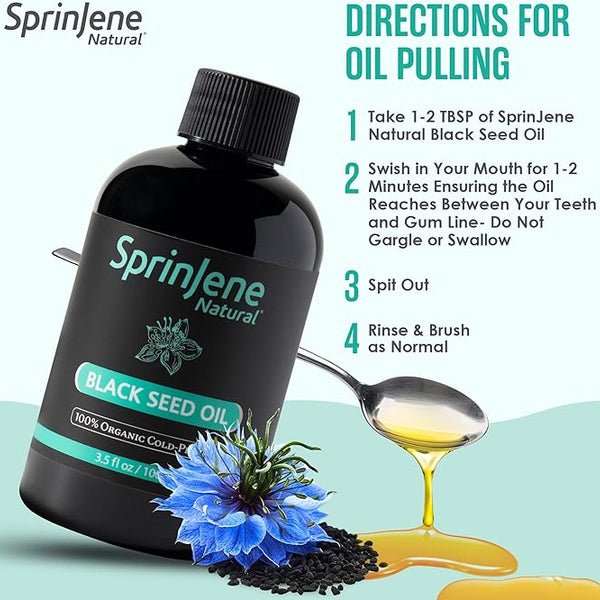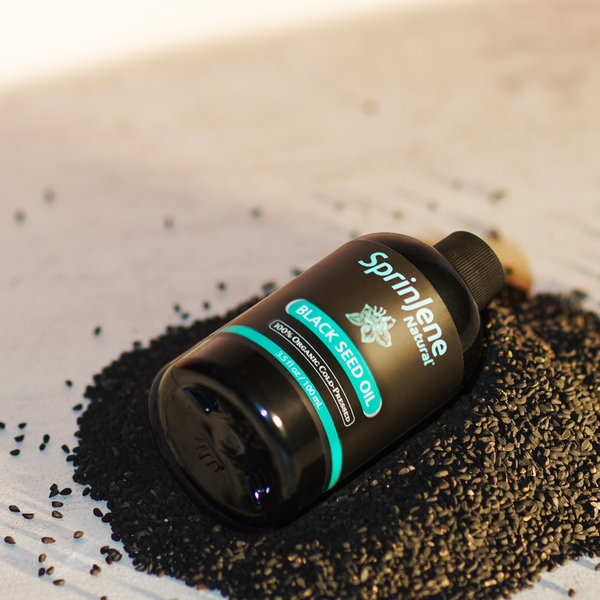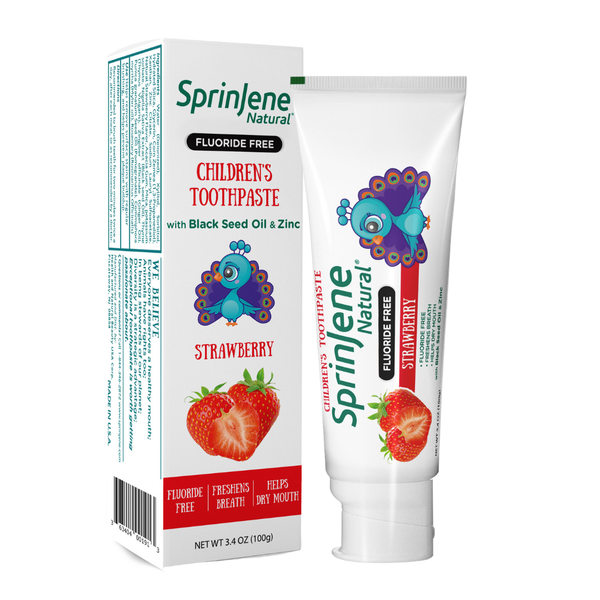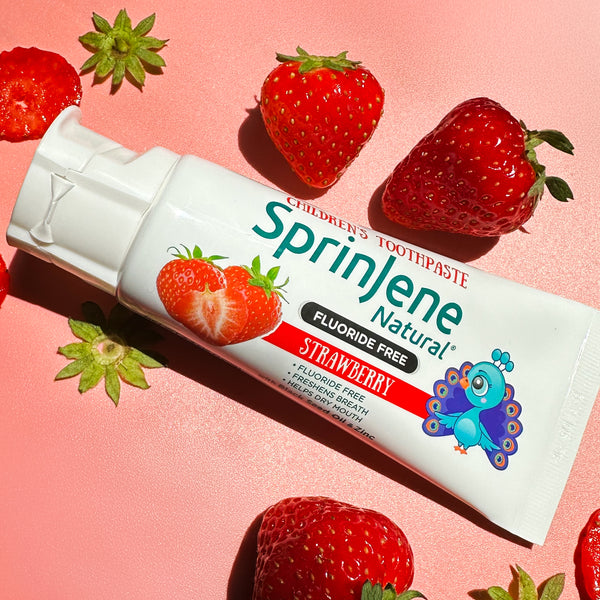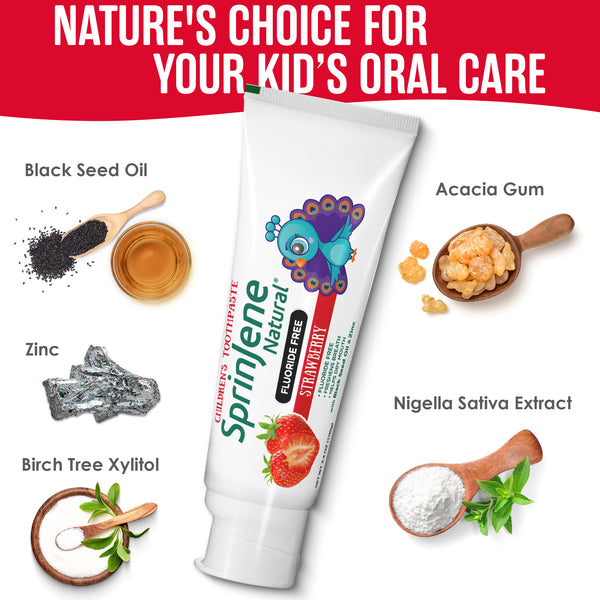Keto breath, a term derived from "ketone breath," is a common consequence of following the ketogenic diet. It brings about a distinctive and often displeasing odor on the breath. While it can be bothersome, there's generally no need for alarm, as a few straightforward measures can help manage it.
Understanding the Cause of Keto Breath
The root of keto breath lies in the very essence of the ketogenic diet itself. This way of eating focuses on having lots of fats and very few carbs. This triggers the body to utilize fat as an energy source rather than relying on carbohydrates.
This metabolic process, referred to as ketosis, yields molecules known as ketones as byproducts. These special molecules called ketones travel through your bloodstream and might even appear in your breath, creating that unique keto breath smell.

Exploring the Ketogenic Diet
A ketogenic diet has gained popularity because of its potential health benefits. It revolves around shifting the body's energy source from glucose to fat. In this diet, you only eat 20-50 grams of carbs each day, which is way less than the usual American diet with lots of carbs. Instead, fats constitute the major calorie source, supplemented by a moderate intake of protein.
The Intricacies and Impact
This stringent carb restriction compels the body to tap into fat reserves for energy. As the liver breaks down fats, it generates ketones. These ketones serve as an alternative energy source. Switching to this method has several advantages, like shedding weight, better control of blood sugar, and reducing the chance of health issues such as diabetes and heart disease.
However, it's important to recognize the challenges of the ketogenic diet. Following it can be demanding, especially in social situations where carb-rich foods are commonplace. Moreover, individuals transitioning to this diet might encounter fatigue, headaches, and stomach-related concerns.
Decoding the Role of Acetone
The prime perpetrator behind keto breath is a ketone type named acetone[1]. Acetone, a volatile organic compound, can manifest as a fruity, sweet, or even metallic breath odor. Other ketones like beta-hydroxybutyrate and acetoacetate, formed during ketosis, can also contribute to the odor.
Beyond the Diet: Toothpaste and Keto Breath
While the ketogenic diet often links to keto breath, other factors like choosing toothpaste can also influence it. Although toothpaste is generally harmless, specific formulations may harbor elements that worsen existing keto breath or create bad breath.
Possible Toothpaste Contributors to Keto Breath
One potential contender is fluoride, a common toothpaste ingredient aimed at fortifying tooth enamel and staving off cavities. Yet, some individuals might have a sensitivity to fluoride, and excessive exposure can exacerbate bad breath. This occurs because of fluoride's potential to disrupt the natural oral bacteria balance, fostering the growth of odor-causing bacteria.
Another typical toothpaste component is sodium lauryl sulfate (SLS), responsible for creating foam in toothpaste. While it helps with even distribution, SLS can be harsh on delicate mouth tissues, leading to irritation and inflammation that contribute to bad breath.
Furthermore, certain toothpaste may contain artificial sweeteners or flavorings that alter mouth pH, promoting the growth of odor-causing bacteria.
Detecting the Culprit: Your Toothpaste
Is your choice of toothpaste a factor contributing to the occurrence of keto breath? One approach is to transition to a keto-friendly toothpaste specifically designed for the unique requirements of the ketogenic diet. These toothpastes often exclude fluoride and other potential contributors to bad breath, while possibly containing ingredients for fresher breath and enhanced oral health.
Instead, you can inspect your current toothpaste's ingredient list. Look for fluoride, SLS, and artificial sweeteners, which might be adding to the issue. If you suspect that your toothpaste contributes to keto breath, changing to a different brand or type could bring more insight.
It's important to remember that maintaining good oral hygiene is paramount in addressing keto breath, regardless of toothpaste choice. Regular brushing and flossing help eliminate food particles and bacteria, minimizing bad breath. Using alcohol-free mouthwash also aids in breath freshening and bacterial control.
In certain cases, persistent keto breath might signal more serious health concerns like uncontrolled diabetes or liver issues. If you experience prolonged episodes of keto breath or unusual symptoms, it's advisable to seek guidance from a healthcare professional.
Strategies for Managing Keto Breath
Keto breath often accompanies the ketogenic diet, which urges the body to utilize fat instead of glucose for energy. Though the diet brings numerous health benefits, keto breath can be an unwelcome side effect. Fortunately, various tactics exist to prevent and manage this phenomenon.

- Staying Hydrated - Dehydration plays a key role in keto breath. Reduced saliva production because of dehydration can result in bacteria buildup and sulfur compounds in the mouth. To counter this, drink plenty of water throughout the day to maintain oral health.
- Focusing on Oral Hygiene - Effective oral hygiene is vital for preventing keto breath. Brush your teeth with fluoride toothpaste at least twice daily, and floss regularly to remove plaque and food particles. Using a tongue scraper can also eliminate bacteria from the tongue, another common cause of bad breath.
- Chewing Sugar-Free Gum - Sugar-free gum stimulates saliva production and freshens breath. Look for gum with xylitol, a natural sweetener known to reduce mouth bacteria and prevent cavities.
- Including Probiotics in Your Diet - Probiotics, are beneficial bacteria, aid digestion and bolster the immune system. Comprising probiotic-rich foods like yogurt and fermented vegetables balances gut bacteria, reducing the production of sulfur compounds responsible for keto breath.
- Opting for Natural Breath Fresheners - Herbs and spices can mask keto breath odor. Chewing on mint, parsley, or cilantro freshens breath and supports oral health. Herbal teas like peppermint or ginger combat bad breath and aid digestion.
- Considering the Use of a Keto-Specific Toothpaste - In addressing the specific demands of a ketogenic diet, SprinJene Natural® Toothpaste stands out. It is devoid of fluoride, SLS, and harsh chemicals that could irritate oral tissues and worsen bad breath. Instead, it boasts natural elements such as zinc and cranberry extract, combating odor-causing bacteria and neutralizing sulfur compounds[2].
The Benefits of SprinJene Natural® Toothpaste
Zinc, a potent antimicrobial, reduces oral bacteria count, curbing bad breath and promoting immunity and wound healing. Cranberry extract, another key ingredient, carries antibacterial properties that impede odor-causing bacteria growth. Proanthocyanidins in cranberry hinder bacteria from adhering to teeth and gums, reducing plaque and gum disease risk.
Using a Blend of Natural Ingredients
Zinc serves as a formidable defender for your oral cavity! Think of it as a remarkable germ-warrior that swoops in to confront those unpleasant bacteria, leaving your breath revitalized and your oral well-being in top shape. Zinc also plays a crucial role as a VIP nutrient, pivotal for your immune system's prowess and its assistance in wound recovery. It's essentially the star performer among toothpaste ingredients[3].
On the other hand, cranberries are more than just a Thanksgiving treat. They act as the gatekeepers of your mouth, making sure those unwanted bacteria don't party too hard and cause unpleasant odors.
These clever molecules known as proanthocyanidins come into play; they essentially halt bacteria from adhering to your teeth and gums. Less adhesion means less plaque and fewer gum-related troubles. It's an all-around beneficial situation.
In addition to zinc and cranberry extract, SprinJene Natural® Toothpaste also incorporates black seed oil, clove oil, and myrrh extract. Black seed oil, with its historically proven healing applications, calms inflammation. Clove oil, serving as an antiseptic, takes down bacteria and eases inflammation. Myrrh extract, acting as an antimicrobial agent, combats plaque formation and bolsters gum health.
This toothpaste treats your teeth and gums with gentleness, which is especially suitable for issues related to sensitivity. Its lack of abrasive agents ensures the safeguarding of enamel, a crucial component for long-lasting oral well-being.
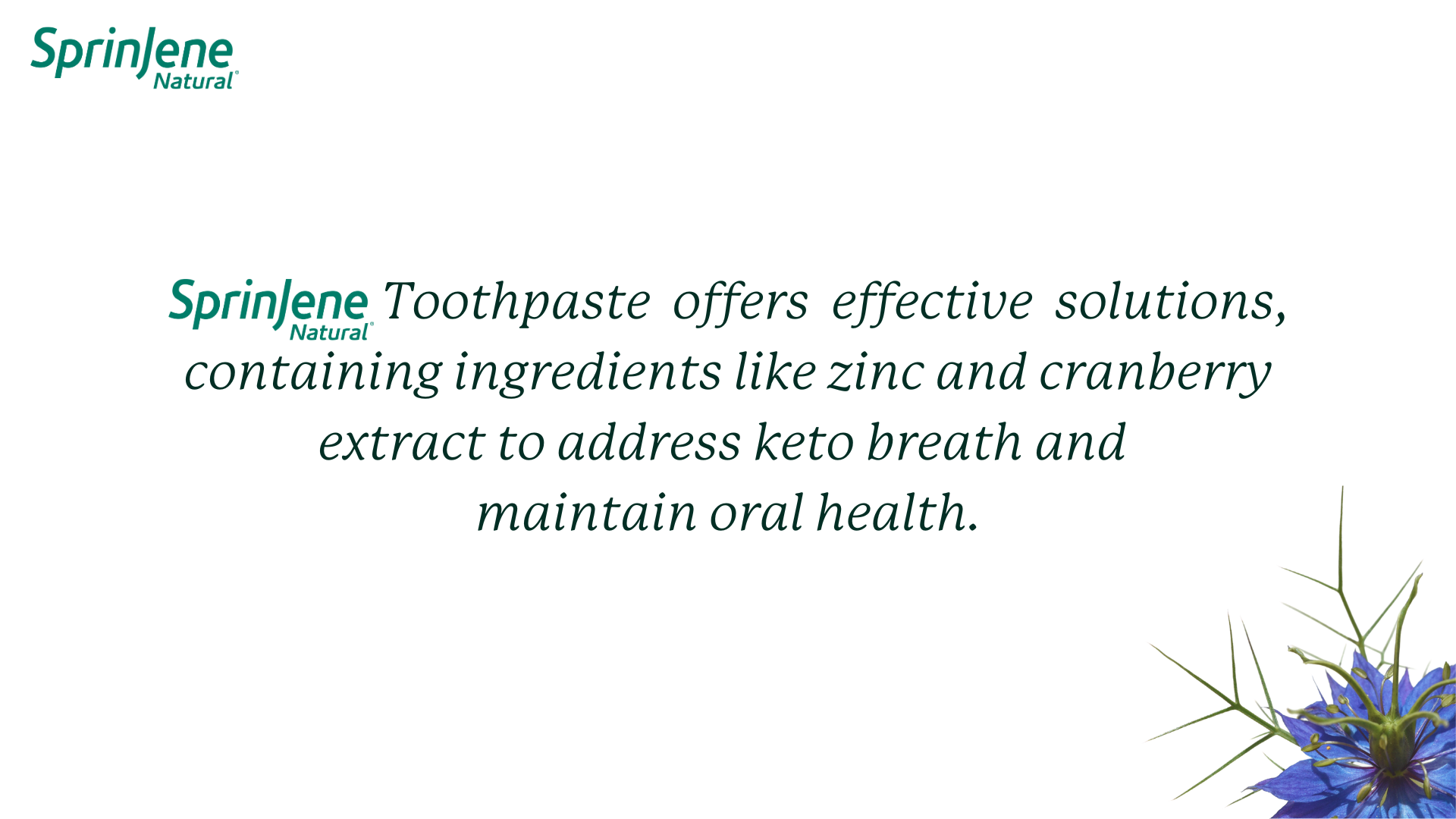
Final Thoughts
In conclusion, keto breath frequently accompanies the ketogenic diet, a dietary approach that shifts the body's energy source from glucose to fat. While this diet boasts several health benefits like weight loss and improved blood sugar control, it can also lead to unpleasant breath odor. Luckily, by implementing the strategies mentioned earlier, you can effectively manage and even prevent keto breath.
Maintaining proper hydration, practicing good oral hygiene, chewing sugar-free gum, introducing probiotics into your diet, and embracing natural breath fresheners all contribute to curbing keto breath. Additionally, opting for a toothpaste tailored to the ketogenic diet's requirements, such as SprinJene Natural® Toothpaste, can significantly improve breath freshness.
When you gather information from various fields like nutrition, dental health, and how your body works, you can understand and deal with keto breath more easily. This understanding empowers individuals embarking on a ketogenic journey to make informed decisions about their oral hygiene and diet.
To sum it up, even though keto breath might seem like a small side effect, it actually serves as a clear reminder of how your diet, metabolism, and oral health are all connected and work together. Knowing this helps you make the most of the benefits of the ketogenic diet while managing its downsides, such as keto breath.

References:
- Singhal, R., Paril, P., Siddibhavi, M., Ankola, A., Sankeshwari, R., & Kumar, V. (2020). Antimicrobial and Antibiofilm Effect of Cranberry Extract on Streptococcus mutans and Lactobacillus acidophilus: An In Vitro Study. National Library of Medicine. doi: 10.5005/jp-journals-10005-1707
- Mendes, L., Coimbra, J., Pereira, A., Resende., & Pinto, M. (2016). Comparative effect of a new mouthrinse containing chlorhexidine, triclosan and zinc on volatile sulphur compounds: a randomized, crossover, double-blind study. National Library of Medicine.doi: 10.1111/idh.12132
- Alkedeh, O. & Priefer, R. (2021). The Ketogenic Diet: Breath Acetone Sensing Technology. National Library of Medicine. Doi: 10.3390/bios11010026

